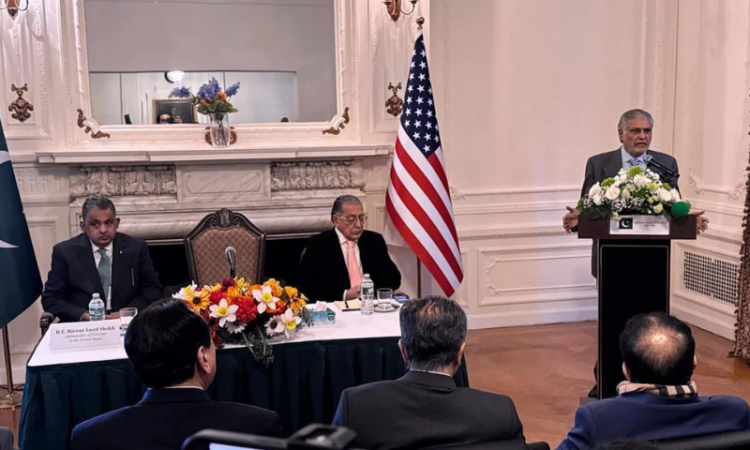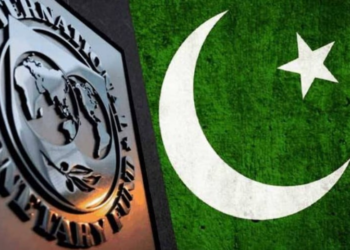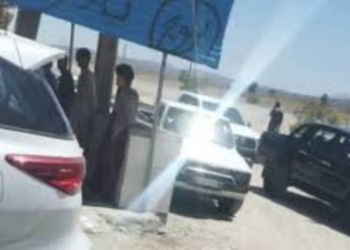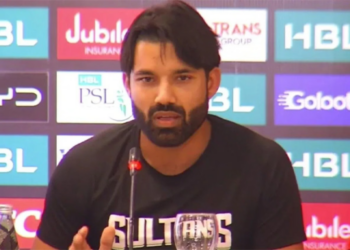New York, February 18, 2025: Pakistan’s Deputy Prime Minister Ishaq Dar has claimed that if his economic policies had been followed in 2017, the country would not have faced financial turmoil over the past five years.
“Had my advice been taken in 2017, Pakistan wouldn’t have had to beg for economic assistance,” Dar stated while addressing overseas Pakistanis in New York.
Recalling Pakistan’s economic standing in 2017, Dar noted that the country had become the 24th largest economy in the world. However, he lamented that after a change in government, Pakistan found itself on the brink of bankruptcy.
“Despite all political challenges, we managed to prevent Pakistan from defaulting,” he asserted.
Highlighting key economic achievements from 2013 to 2017, Dar stated that inflation was reduced to 3.6%, interest rates dropped to 5% and load shedding was eliminated.
He emphasized that Pakistan successfully completed an International Monetary Fund (IMF) program for the first time during that period. Global financial institutions, he claimed, were optimistic about Pakistan joining the G20 by 2030.
However, after the government changed in 2018, Dar said the economy weakened, dropping from 24th to 47th place, pushing the country toward financial distress.
Dar credited the Pakistan Democratic Movement (PDM) government for setting aside political interests to stabilize the economy after taking office in 2022.
“When I got another opportunity in 2023, we worked to restore economic stability. Inflation fell to 6.4%, interest rates dropped from 22% to 12%, and foreign exchange reserves and exports increased,” he claimed.
He also noted that global institutions are once again recognizing Pakistan’s economic recovery.
Dar blamed the lack of policy continuity for Pakistan’s economic and security challenges, criticizing previous governments for mismanagement.
“In 2014, we allocated substantial resources to combat terrorism, which restored peace. But now, terrorism is resurging because the previous government made deals with militant groups, leading to the release of criminals and increased instability,” he stated.
Dar reaffirmed the government’s commitment to supporting overseas Pakistanis, acknowledging their role in remittances, exports, and economic growth. He also highlighted ongoing economic reforms to attract investment and enhance trade.
He specifically mentioned the Special Investment Facilitation Council (SIFC) as a key mechanism for promoting investment in Pakistan. “Pakistan’s economy can be strengthened if there is continuity in policies and everyone works for the country’s progress,” Dar concluded.








